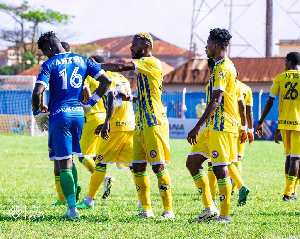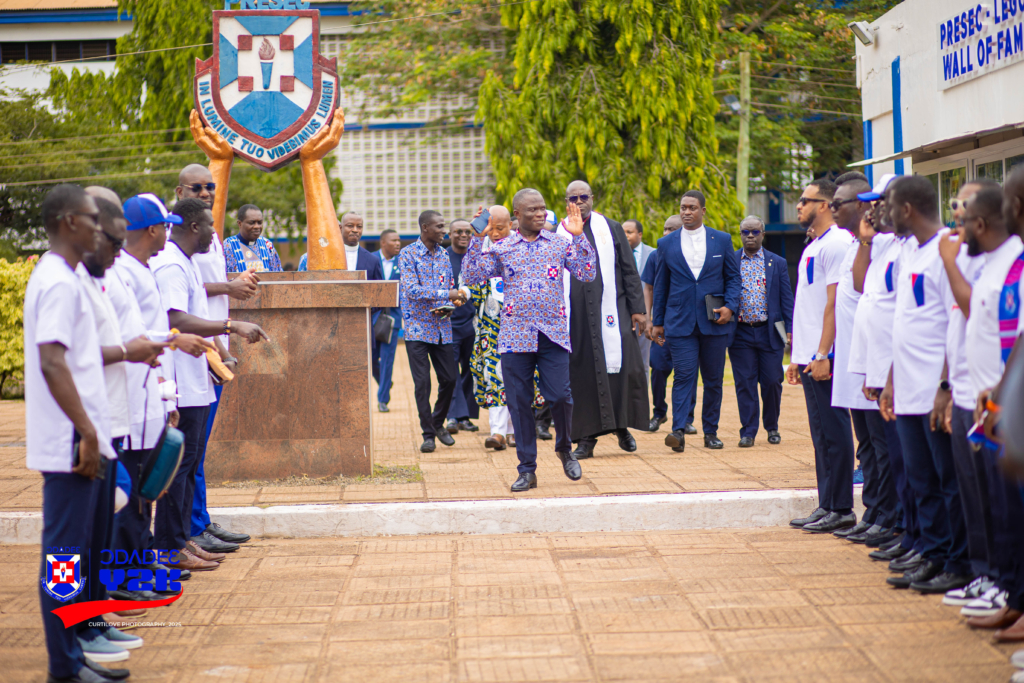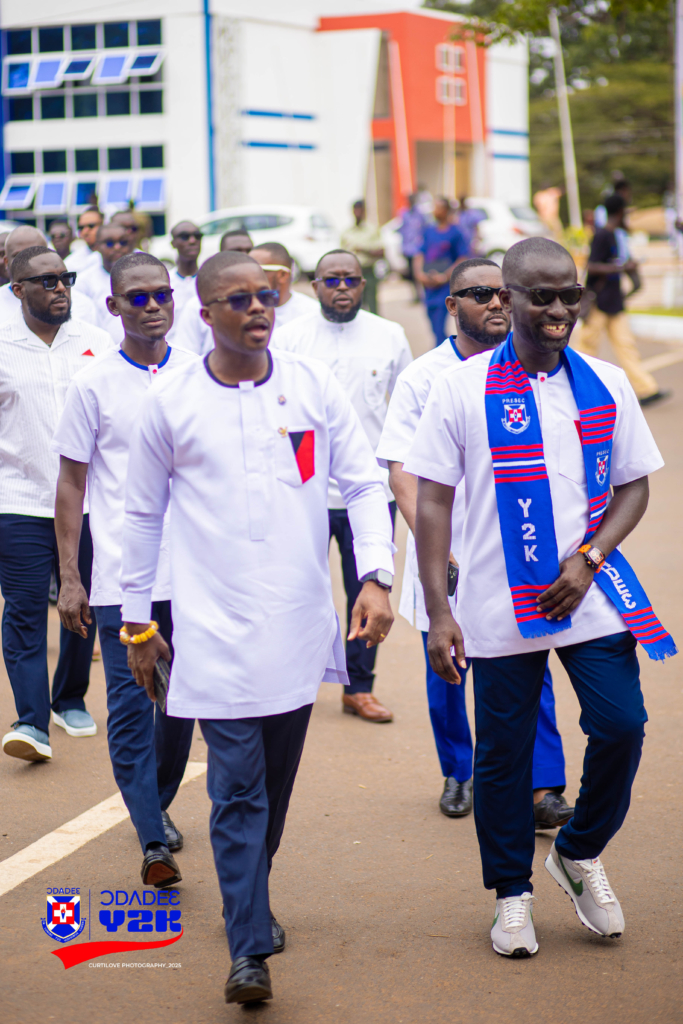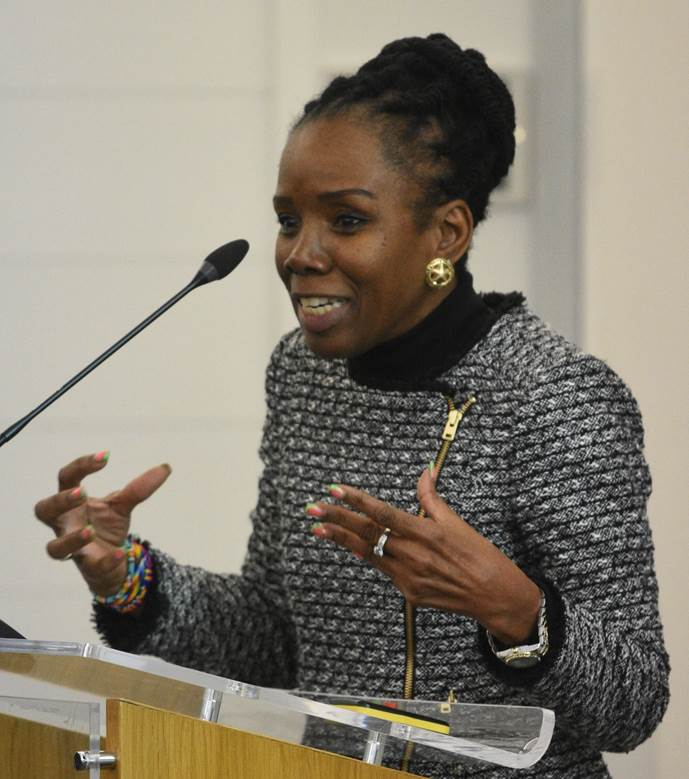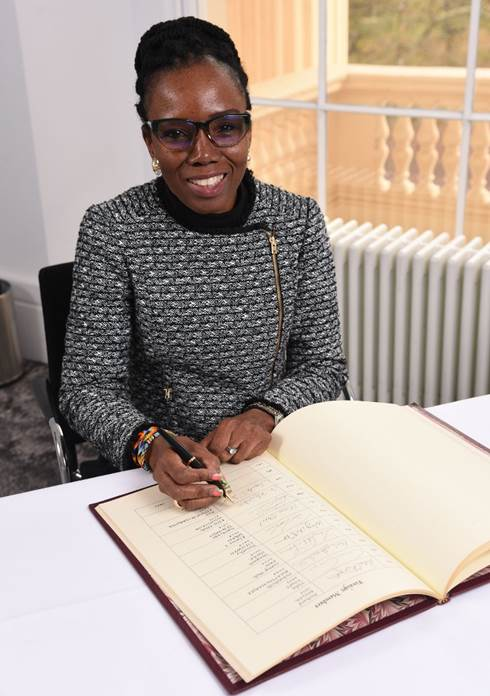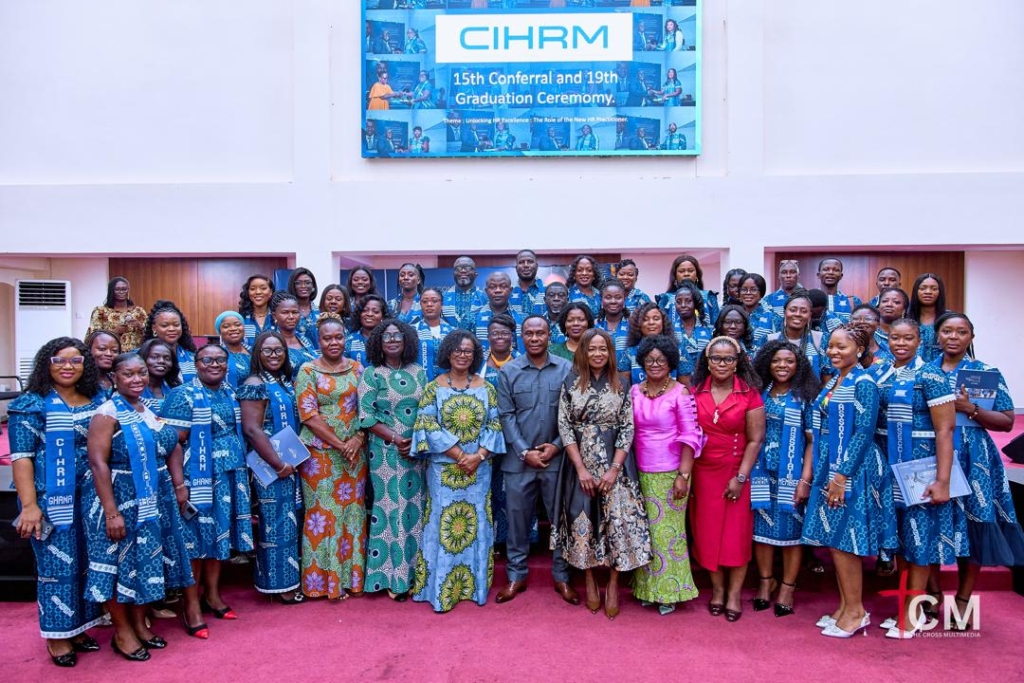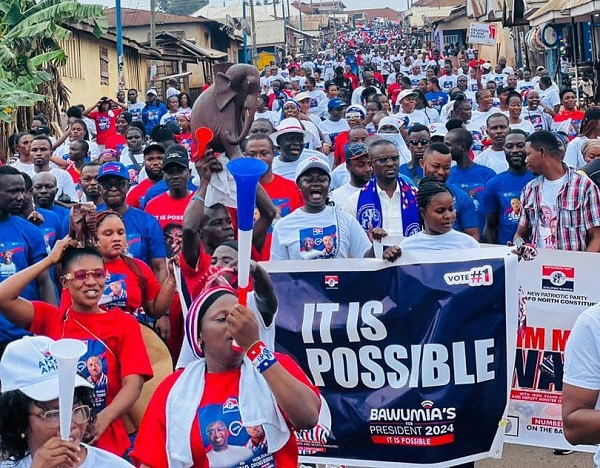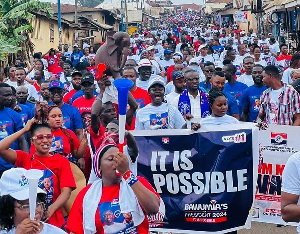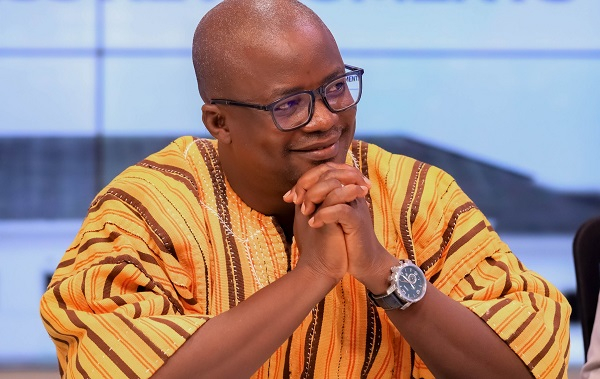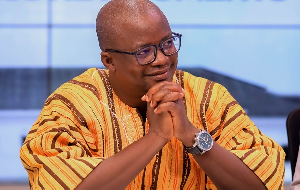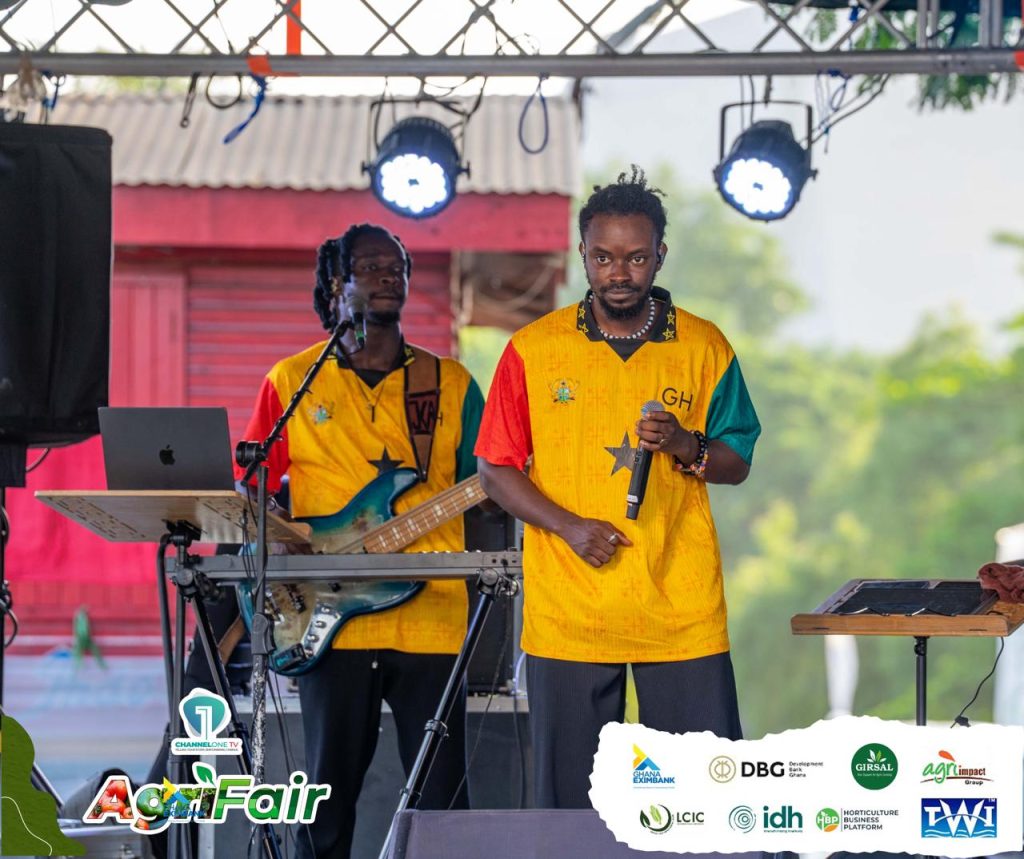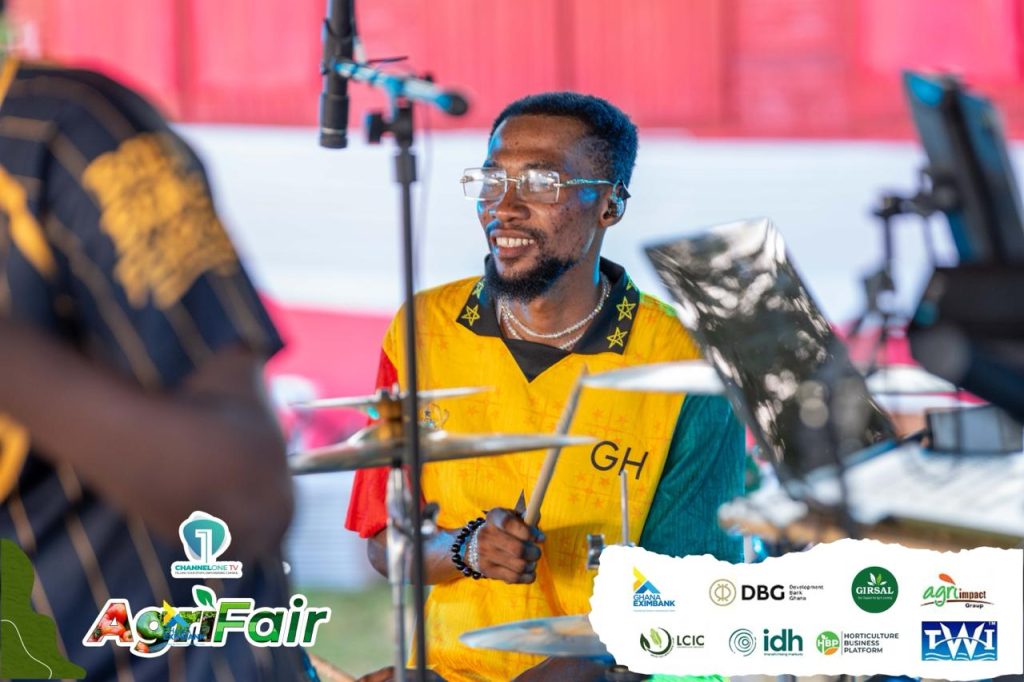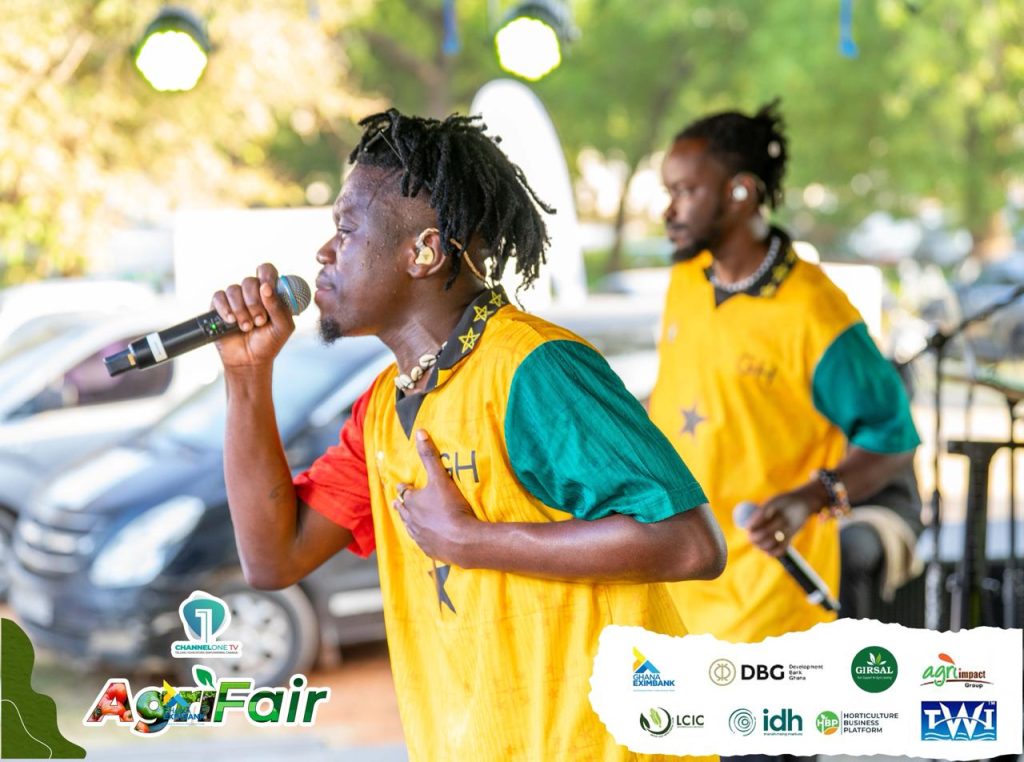PREAMBLE
In recent times, the opposition party, the NPP, has misguidedly intensified its adverse criticism of the government of President John Mahama. The purpose of this discourse is to examine the importance of objective and responsible criticism, and to outline how best to approach it so that it achieves its intended purpose.
The Philosophy Behind Government Critique
Critiquing—or even outrightly criticizing—a constituted government is not an act of rebellion; it is the highest expression of democratic maturity. No government, whether in South Africa, the United States, or the United Kingdom, is above scrutiny. Democracies weaken the moment citizens stop asking questions.
As a global affairs analyst of more than four decades, I have consistently maintained that meaningful criticism rests on three pillars: intent, method, and moral discipline. At its philosophical core, criticism must answer three fundamental questions:
Why am I doing this?
What truth do I seek?
Am I correcting or condemning?
A critique built on hatred collapses; one built on facts endures. True analysts do not weaponize falsehood—they refine public reasoning. Motives matter because motives shape methodology. A dishonest critic manipulates emotion; a responsible critic analyzes data to reach sound conclusions.
Intent: The Heartbeat of Responsible Criticism
Before speaking, the critic must interrogate his motives. If the goal is to embarrass leaders or destabilize the system, the critique loses its moral authority. But if the intention is to strengthen institutions, enhance transparency, and improve governance outcomes, then the critique becomes noble.
Intent determines tone, structure, and credibility. Reform-minded administrations—such as that of President Mahama—benefit from critics whose motives align with progress, not chaos.
Critical engagement must therefore spring from civic duty, not partisan conflict. History’s greatest critics—from Thomas Paine to Nelson Mandela—criticized not to destroy, but to rebuild.
Data, Statistics, and the Beauty of Evidence
Criticism becomes exciting when it is grounded in numbers. It becomes a sport for those who enjoy graphs, budgets, audited reports, and policy documents. The analyst becomes a detective—tracing trends, comparing revenues, decoding debt ratios, studying demographics.
When the government presented its budget a few months ago, an honest critic would begin by reviewing revenue baselines, analyzing the trajectory of internally generated funds, calculating the recurrent-to-capital ratio, studying inflationary impacts, and comparing Ghana’s metrics with regional peers. One cannot critique a budget without reading its numbers. Statistics bring sanity; they separate noise from truth.
Where there is no evidence, there must be no argument.
Probability Logic: The Mathematics of Government Performance
One of the most underappreciated tools of policy critique is probability analysis. Budgets are projections, not miracles; policies are intentions, not guaranteed outcomes.
Effective criticism asks:
What is the probability of achieving this target?
What are the structural constraints?
How realistic is the timeline?
If a government promises a 24-hour economy or major capital investment, probability analysis helps determine feasibility. This is not cynicism—it is logic. Evidence-based criticism earns respect from economists, policymakers, and even government officials because it is scientific rather than emotional.
Research: The Soul of Every Credible Critic
Criticism is not a one-man enterprise. Behind every rigorous public analyst is a team—researchers, statisticians, media monitors, investigative journalists, and policy experts. Governance is too complex for spontaneous anger; it requires a think tank mindset.
Meaningful criticism requires patience. You read budgets. Verify projects. Check satellite images. Consult archives. Compare newspaper reports. Track inflation, revenues, and population trends. Examine international benchmarks. Only then does your voice carry weight.
This is why noisy critics fail—they speak before researching. Real critics research before speaking.
Opposition: The Lifeblood of Democracy
Every responsible government silently desires a vibrant, intelligent opposition. Without opposition, even well-intentioned leaders grow complacent. Without analytical pressure, mistakes persist. Without scrutiny, corruption hides in the shadows.
Governments need critics the way trees need carbon dioxide.
In Ghana, criticism has already helped shape reforms—from revenue digitization to procurement oversight. Globally, the U.S. Congressional Budget Office exists solely to critique government spending. The U.K. Shadow Cabinet challenges government policy line by line. South Africa’s civil society organizations audit public spending meticulously.
Nations rise when their citizens hold leaders accountable. Criticism should never be anti-government; it must be pro-democracy.
Case Studies: Ghana and Global Democratic Practice
President Mahama’s governance style provides a living laboratory for democratic critique. From the national budget to asset declarations, infrastructure reforms, galamsey eradication, Gold Board reforms, creative economic strategies, currency stabilization, electricity upgrades, and foreign policy shifts—every action invites public interpretation.
Critics must not abandon analysis for emotion, nor silence themselves when the data is clear.
Similarly, global history shows how constructive criticism shapes governance. Barack Obama’s Affordable Care Act was revised following public critique. Kenya’s devolution reforms strengthened after critics exposed fiscal leakages. Germany’s energy transition succeeded because environmental critics confronted leaders with evidence, not insults.
Ghana should belong to that league—where criticism is data-driven, respectful, and nation-building.
Truth as the Cornerstone of Governance Analysis
Criticism becomes dangerous the moment falsehood enters the conversation. A critic who lies becomes a propagandist. A critic who manipulates statistics becomes partisan. A critic who relies on emotion becomes a social media influencer, not an analyst.
Truth is the critic’s only anchor. Without truth, credibility collapses.
This is where the NPP opposition has failed. Even Stevie Wonder could see the mischief in their approach.
President Mahama’s government does not fear criticism—but it detests lies. Evidence-based criticism commands respect, even from those in power.
Conclusion: Criticism as a Service, Not a Weapon
Critiquing the Mahama administration should not be structured as a battle. It is a national service. It is not noise—it is nation-building. It is not chaos—it is clarity.
A serious critic must blend philosophy, data, probability, research, history, and moral courage. When these elements unite, criticism becomes not only exciting but transformative.
Democracy rises when citizens speak with facts. Under the previous administration, protesters—including juveniles—were arrested and detained. Today, protesters, including those mobilized by the NPP, are protected by the police and granted their constitutional rights to free speech and assembly.
Governments perform better when monitored by knowledgeable voices. Societies grow when truth—not noise—guides debate.
A Good Time to Be Ghanaian
Wherever you go today—from regional capitals to the U.S., U.K., China, and Russia—Ghanaians command respect, in large part due to the responsible leadership exhibited by President Mahama. His calm demeanor, gentility, and humility are unmatched.
The late Jerry Rawlings once remarked that Mahama does not fit the mold of a typical African leader—he is more like a European leader. Paradoxically, while complimenting Mahama, this observation highlights the shortage of gentle leadership on the continent.
Finally, let it be said unequivocally: to critique a government is to love your nation enough to demand better.
Eke Agbai
Executive Vice President, Center for Policy and Foreign Engagement
USA




































